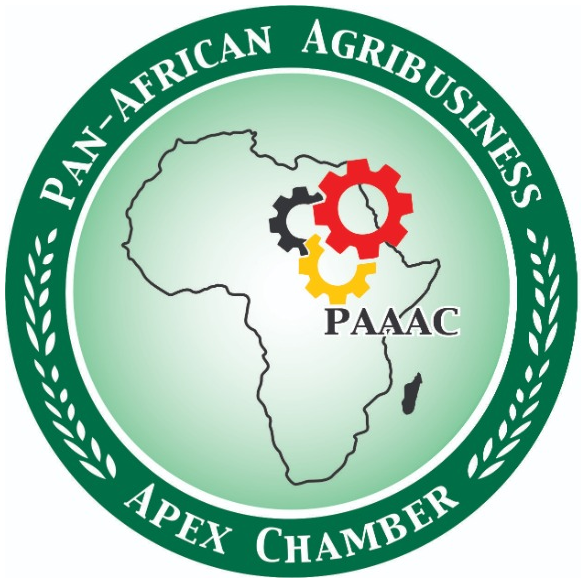The Heads of State and Government of the African Union at Malabo, Equatorial Guinea in June 2014 adopted a Declaration on Accelerated Agricultural Growth And Transformation (3AGT) for Shared Prosperity And Improved Livelihoods (Doc. Assembly/AU/2(XXIII). This Declaration is also known as the “Malabo Declaration” as part of the efforts to advance the implementation of the Comprehensive Africa Agriculture Development Programme (CAADP).
The Malabo Declaration recommitted the AU Member States among various commitments to enhancing investment finance in Agriculture both public and private and resolved to continue to create and improve the necessary appropriate policy, institutional conditions and support systems for facilitation of private investments in agriculture, agri-business and agro-industries. Furthermore, in the Malabo Declaration is a resolve by AU Heads of State and Government to ensure that the agricultural growth and transformation process is inclusive and contributes at least 50% to the overall poverty reduction targets create and enhance the necessary appropriate policy, institutional and budgetary support and conditions:
- a) to sustain annual agricultural GDP growth of at least 6%;
- b) to establish and/or strengthen inclusive public-private partnerships for at least five (5) priority agricultural commodity value chains with strong linkage to smallholder agriculture;
- c) to create job opportunities for at least 30% of the youth in agricultural value chains; d) to support and facilitate preferential entry and participation for women and youth in gainful and attractive agri-business opportunities.
The role of the private sector towards the realization of the Malabo commitments is critical and indeed the Malabo Declaration emphasized increased involvement of the private sector, in its diversity, both local and international, in African agricultural development, especially targeting strategic agricultural commodities value chains at National, Regional and Continental levels.
While CAADP implementation in the last decade focused on mobilizing public sector financing to address the agriculture sector investment requirements, there is evidence that private sector investments will continue to be central to leveraging existing public sector efforts. Under the right conditions, private sector investments have the potential to drive agricultural development and strengthen food security, economic growth, reduce poverty and enable expansion of exports.
The pivotal role of the private sector in promoting agriculture and agribusiness transformation in Africa was also guided by the Third Ordinary Session of the Specialized Technical Committee (STC) on Agriculture, Rural Development, Water and Environment held on 21-25 October 2019 Addis Ababa, Ethiopia, (STC3/ARDWE/MIN) during which the conference of AU Ministers as part of the efforts to fast track implementation of the Continental Framework for Boosting intra-African Trade in Agricultural Commodities and Services, requested the AUC to support efforts to mobilize and strengthen pan-African Agribusiness Private Sector Apex Bodies for implementation of the Framework and the Guidelines for the development of Regional Agricultural Value Chains under the African Continental Free Trade Area (AfCFTA) Agreement.
